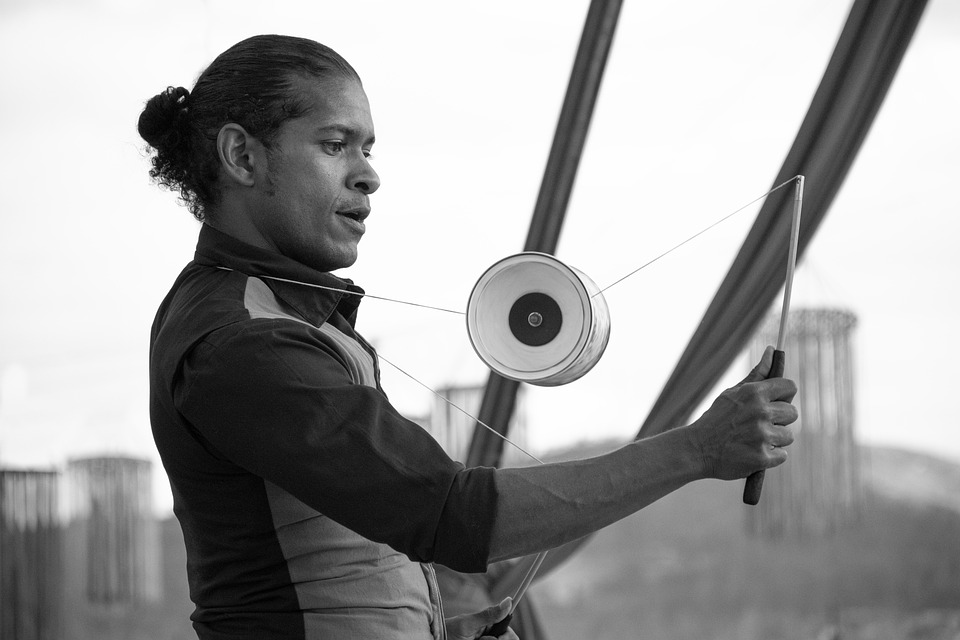Title: Reviving History: Bringing Historical Events to Life on Stage
Introduction:
The theatrical medium possesses a unique ability to captivate audiences and transport them back in time. From grand historical epics to intimate character-driven stories, the stage has long been a vehicle for reviving history in all its glory and tragedy. This article delves into the art of bringing historical events to life on stage, exploring the challenges, triumphs, and impact of these productions.
1. Understanding the Power of Historical Theatre:
Historical theatre goes beyond mere storytelling; it offers a platform to engage with the past, reexamining significant events, figures, and societal contexts. By merging fact with artistic interpretation, historical stage productions allow audiences to learn, reflect, and connect emotionally with narratives that shaped our world.
2. Research and Historical Accuracy:
Reviving history on stage requires an immense amount of research. Playwrights, directors, and designers delve into books, journals, artifacts, and living history resources to ensure historical accuracy. However, creative liberties often come into play to highlight key themes, characters, or the spirit of an era within the constraints of theatrical storytelling.
3. Creating Authentic Historical Settings:
Reconstructing historically accurate sets, costumes, and props is a vital aspect of bringing historical events to life on stage. Talented scenic artists, costume designers, and prop makers meticulously recreate the aesthetic and ambiance of a particular time period to transport the audience back in time.
4. Character Portrayal:
Bringing historical figures to life presents a unique challenge for actors. Balancing historical accuracy with maintaining the essence of the character requires extensive research and interpretation. The portrayal of significant historical personalities can shape an audience’s perception of them and influence historical discourse.
5. Complexity of Historical Narratives:
Historical events are often complex, involving multiple layers of political, social, and cultural dynamics. Playwrights and directors must carefully structure their narratives to avoid overwhelming the audience with excessive detail while retaining the event’s essence. Effective storytelling and interweaving personal stories can enhance audience engagement with these intricate historical events.
6. Relevance to Contemporary Issues:
Historical events, despite occurring in the past, often hold relevance to modern society. By reviving history on stage, theater artists can shed light on present-day problems and stimulate dialogue. Parallel themes, intricate character arcs, and thought-provoking dialogue connect historical moments with contemporary issues, fostering a deeper understanding of our collective human experience.
7. The Importance of Collaboration:
Reviving historical events demands seamless collaboration between playwrights, directors, actors, designers, and technical crews. Each team member plays a crucial role in bringing the past to life, ensuring that every aspect of the production aligns with the chosen historical period.
8. Challenges and Ethical Considerations:
While reviving history on stage holds tremendous potential, it also presents ethical dilemmas. Balancing artistic freedom with cultural sensitivity requires mindful consideration of potentially triggering or controversial subjects. It is crucial for theater artists to approach historical events responsibly and engage with communities affected by these narratives to ensure accurate representation.
9. Impact on Education and Cultural Preservation:
Historical theater productions have a significant impact on education and cultural preservation. They serve as an accessible medium for individuals to engage with history outside traditional academic settings. For many, these performances spark curiosity and lead to further exploration of historical contexts, thereby broadening cultural understanding.
Conclusion:
Reviving history on stage represents a powerful way to connect with our past, fostering empathy, understanding, and intellectual exploration. By skillfully combining historical accuracy with creative interpretation, theater artists enable audiences to witness historical events firsthand, breathe life into forgotten stories, and inspire critical thinking about our shared human history. With each production, the stage becomes a living museum, ensuring that historical events remain vibrant and relevant for generations to come.

